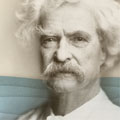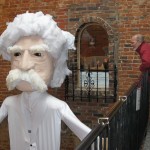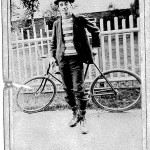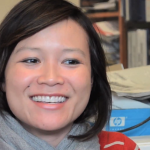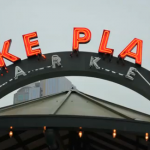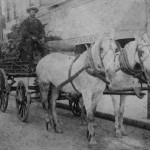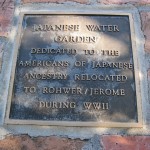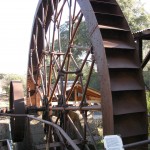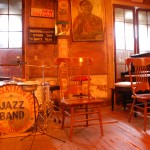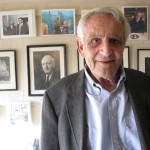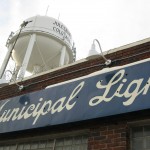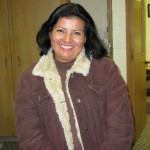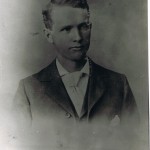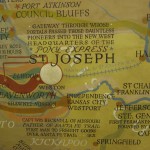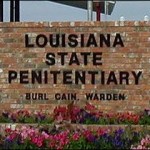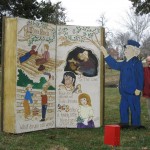I am listening to an intense, muscular Ben Jaffe, 40, creative director of Preservation Hall Jazz Band, talk slowly and thoughtfully about his New Orleans, his brow furrowed, his sprouting Jewfro tied behind his head. But my eyes see Allan and Sandy Jaffe, his father and mother, who moved to New Orleans in 1961 and founded Preservation Hall, as Ben says, “to create a dignified environment where these aging African-American musicians could carry on a tradition that was slowly disappearing without anybody’s notice.”
I arrived in town shortly after, in 1965, to spend my summer days as a law student researching the case of two New Orleans African Americans who had been on death row at Louisiana State Penitentiary for 14 years. I spent my nights listening to the Preservation Hall band. Sandy Jaffe, seated at the hall’s front gate with a basket in her lap, charged me only 50 cents.
For that “student rate” I not only heard Allan play tuba with trombonist Jim Robinson, clarinetist George Lewis and other African Americans in their 80s and 90s but I also entered the Jaffes’ French Quarter world of, in Ben’s words, “thinkers and outsiders and poets and musicians and artists and wheeler dealers.”
What a wonderful world it was—bespectacled Bill Russell, 60, ragtime violinist, modernist composer, and leading historian of New Orleans music (who wrote to me on Embalming Fluid Company stationery and fixed friends’ violins for free) and potbellied Larry Borenstein, 46, the art dealer who added jazz performances to his art gallery, created a world market for Pre-Columbian art (don’t ask how he got the art out of Mexico) and encouraged painter Noel Rockmore to document the Preservation Hall musicians.
How does Jaffe explain that world, not the world of boozing and barfing tourists on Bourbon Street, but the racially tolerant, inviting New Orleans of Preservation Hall? He sees New Orleans as a city of French, Spanish, African and Native American culture, food, music and architecture that just happens to be in the Deep South. “We’re really the Northern Caribbean.”
“Our pleasure bar is much higher here than in any other city that I know,” he adds. “We’re very serious about enjoyment.”
He grew up in the Quarter, lived two blocks from Preservation Hall and spent his early life listening to—and learning—traditional New Orleans jazz. He became a part of a largely African-American world. He marched six miles in Mardi Gras parades. Following his father’s early death, he started playing tuba in the Preservation Hall band. Now he provides a place for older musicians to mentor youngsters who want to follow in their footsteps.
He also seeks to preserve a community and way of life nourished by the music. “Every time I see another Wal-Mart going up it breaks my heart that it’s chipping away at the soul of America,” he says. “I just use that as a metaphor for everything that’s becoming too big and too much.” He prefers, instead, the New Orleans world of traditional jazz.
The music, he says, “gives us hope. It allows us to mourn. It’s a way for us to celebrate and to honor people. And that’s what’s important to me, those traditions.” He describes people from other countries coming to New Orleans and hoping to find in the city and its music the meaning of life.
Those who stay, he says, realize “it’s not one thing.” He recalls the experience of pianist Marie Wantanabe. The first time she experienced New Orleans musicians playing in a funeral procession it was as a tourist, the second time as a performer, the third time as a mourner for someone she knew. “When you’ve gone from birth to death is when you’ve become a part of our community,” Jaffe says.
The way of life of his New Orleans, he suggests, should spread across the world. “If everybody would dance a little bit more, and sing a little more, and celebrate life—not Bourbon Street celebration, Preservation Hall celebration—if they would celebrate the way we celebrate, the way we honor people with our music, the way we celebrate at funerals, the way we’re able to mourn people, it just would be a better place for everyone.”
Loren Ghiglione
Video by Dan Q. Tham


